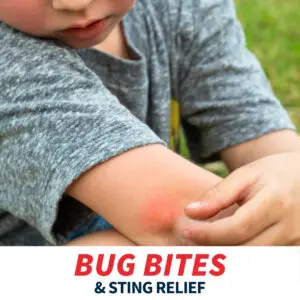How to Avoid Foodborne Illness this Summer
Summer is the peak season for outdoor activities, barbecues and picnics. Unfortunately, as the temperature rises, so does the risk of foodborne illness. Hot weather and improper food handling can create an ideal environment for bacteria to multiply rapidly. To keep you and your family safe from foodborne illnesses this summer, here are five important tips to keep in mind.
- Cleanliness is key
Wash your hands thoroughly with soap and water before handling any food items. This will help eliminate any harmful bacteria on your hands that could contaminate the food. Make sure all surfaces and utensils are clean as well, and use separate cutting boards for raw meat, poultry and seafood to avoid cross-contamination. Wash all fruits and vegetables under running water to remove any lingering dirt or bacteria.
- Proper food storage
Transport perishable foods like meat, dairy products and salads in a cooler with ice packs to keep it at a safe temperature. Store the cooler in a shady spot and avoid opening it frequently to maintain its internal cool temperature. If you are unsure whether the perishable food items are safe to consume after being stored in a cooler, use your best judgment and dispose of the food if you believe it is unsafe to eat.
- Cook your food thoroughly
Ensure that meat, poultry and seafood are cooked to their recommended internal temperatures. Purchase a food thermometer to accurately measure the internal temperature rather than simply relying on guesswork. Poultry should be cooked to an internal temperature of 165°F, while ground meats should be cooked to at least 160°F and seafood to at least 145°F. Cooking to these temperatures kills any harmful bacteria that may be present and prevents foodborne illnesses.
- Practice safe grilling
Grilling is a popular activity during the summer, but it’s crucial to know the basics of operating a grill to prevent illness. Preheat the grill for at least 20 minutes to kill any bacteria. Use separate plates and utensils for raw and cooked foods to prevent cross-contamination. Marinate food in the refrigerator and discard any leftover marinade that has come into contact with raw meat, as it may contain harmful bacteria. Don’t rely on visual cues alone; use a food thermometer to ensure meats are cooked to the appropriate temperatures before serving them to your guests.
- Be mindful of buffets and picnics
When attending outdoor events with buffet-style or picnic meals, be cautious. Check if the foods are being kept at safe temperatures. Cold foods should be stored on ice, while hot foods should be kept above 140°F. Avoid consuming perishable food that has been sitting out for more than two hours. If the outdoor temperature is above 90°F, discard any food that has been left out for over an hour.
By following these guidelines, you can significantly reduce the risk of foodborne illnesses during the summer months. Stay vigilant and prioritize food safety to ensure a memorable and healthy summer!




